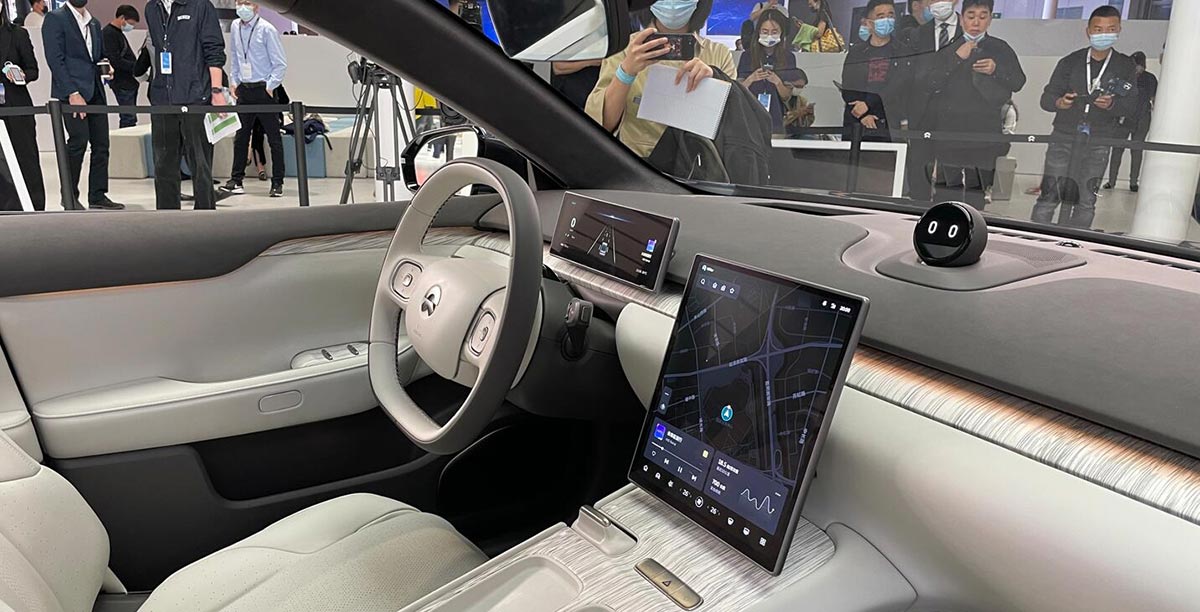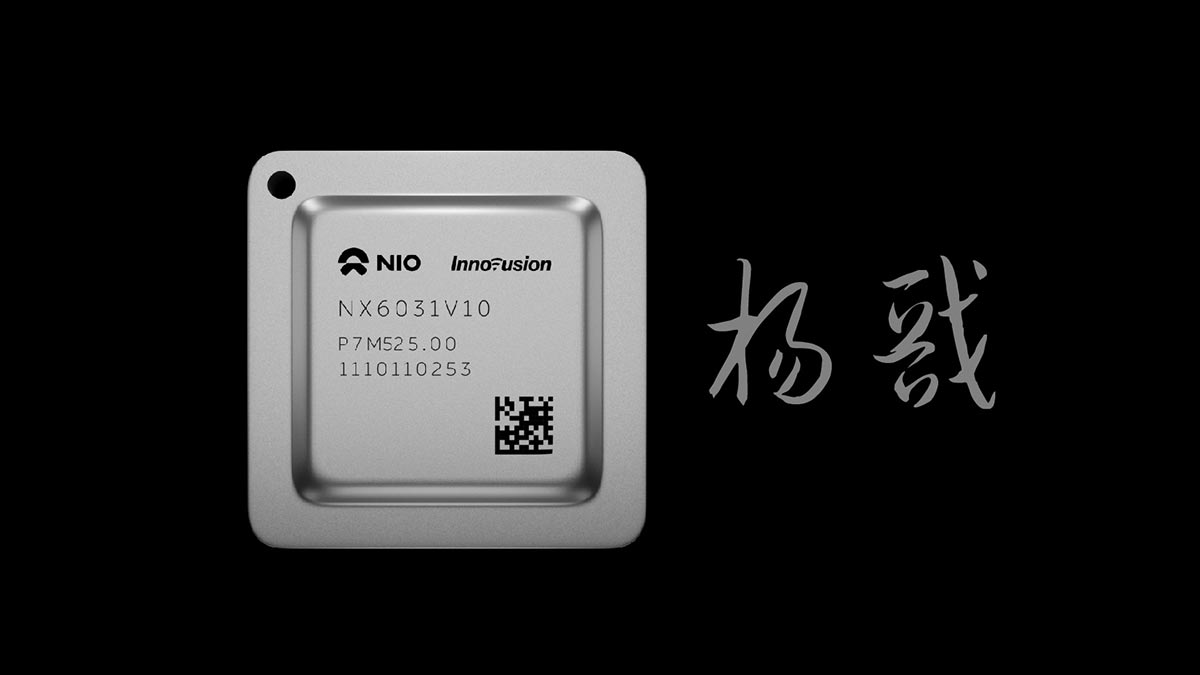NIO is making strides in its ambitious chip development efforts, according to a recent report by local automotive media outlet HiEV. While NIO had previously focused on autonomous driving (AD) chips in its public communications, new details have emerged about the company’s expansion into smart cockpit-oriented chips.
NIO’s first foray into chip development will involve a 7nm process-based chip, primarily intended for smart cockpit applications. Notably, Samsung will manufacture this chip, underlining NIO’s commitment to securing top-tier production partners. The head of NIO’s chip development team hails from Huawei’s HiSilicon chip design arm, bringing valuable expertise to the project.
NIO’s chip development initiative spans multiple Chinese cities, including Shanghai, Hefei, Beijing, and Shenzhen. The diverse team comprises talent from companies like HiSilicon, MediaTek, and Oppo’s Zeku business. Bai Jian, NIO’s vice president for hardware business, oversees the overall chip strategy, with the head of R&D, previously affiliated with HiSilicon, leading the technical efforts.
Although NIO had primarily highlighted its AD chip development, company founder and CEO William Li revealed in November 2022 that NIO had been actively developing AD chips since 2021, with a dedicated team of 500 members. Li emphasized that defining chip algorithms efficiently would enhance gross margins.
Furthermore, NIO announced plans to mass-produce its first-generation in-house chips, including the 7nm smart cockpit and AD chips, within the next one to two years. These chips will be joined by a CMOS image sensor chip. Additionally, NIO is preparing to develop a cutting-edge 5nm chip, expanding its technological capabilities.
The report indicates that NIO’s chip development teams are strategically divided. Shanghai-based teams are primarily focused on 7nm cockpit and AD chips, while the Hefei team concentrates on 5nm chip development. The first chip NIO is working on is aimed at smart cockpits and is based on an Arm architecture with over 500 billion transistors.
Notably, NIO’s first cockpit chip has not yet reached the tape-out stage, and discussions with Samsung are ongoing. It’s anticipated that NIO could achieve two chip tape-outs next year, one based on 7nm and another on 5nm. The report highlights the substantial cost involved, with a 7nm chip tape-out estimated at around $30 million, and a 5nm chip requiring approximately $500 million.
The move towards in-house chip development aligns with the growing demand for cockpit and AD chips in the rapidly evolving smart EV industry. Many Chinese flagship EV models currently rely on Qualcomm’s Snapdragon 8155 for cockpit chips and Nvidia’s Orin X for AD chips. NIO’s in-house smart cockpit chip, if successfully mass-produced, is expected to debut in the upcoming sub-brand Alps model, positioned in the RMB 200,000 ($27,500) to RMB 300,000 price range, offering an alternative to Qualcomm’s chips.






